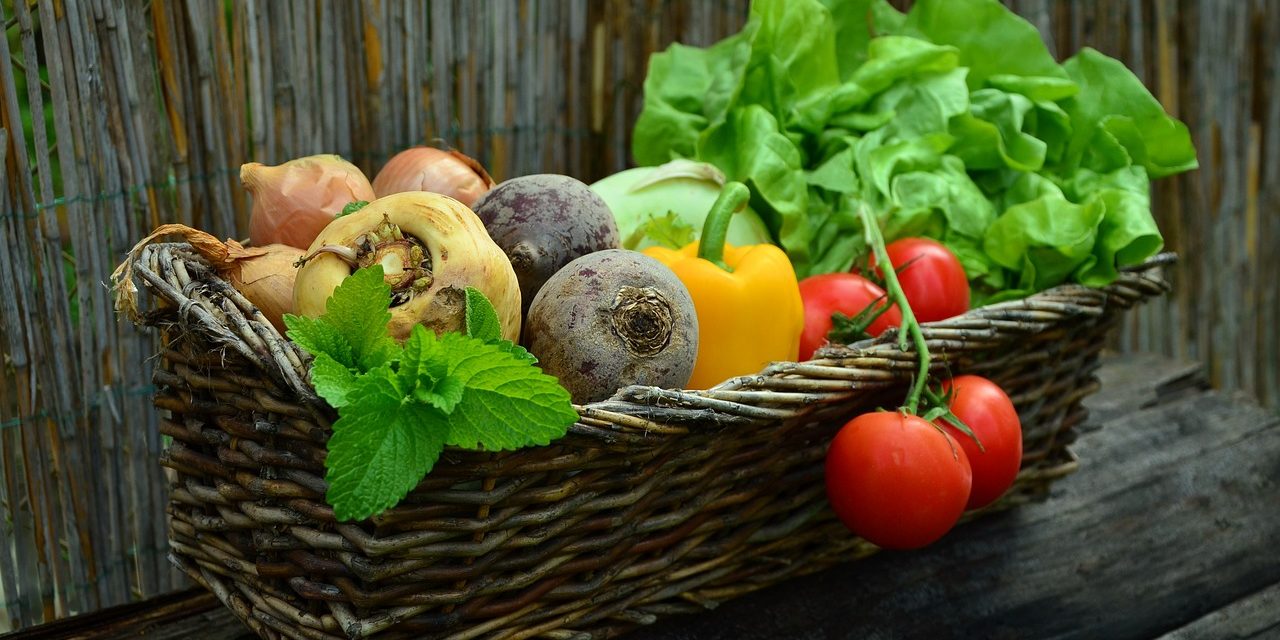- Sustainability in food choices can positively impact both individual health and the environment.
- Choosing local, seasonal produce reduces carbon emissions and supports local farming communities.
- Opt for sustainably caught fish to contribute to the fight against overfishing and environmental strain.
- Growing personal food reduces carbon footprint, eliminates packaging waste, and ensures fresh, organic produce.
- Sustainable eating is a beneficial practice that enhances health while contributing to environmental protection.
Sustainability is a buzzword that is often heard these days. It’s all about using natural resources responsibly to ensure that the planet continues to thrive. The food choices you make can have a significant impact on the environment. But did you know that they can also affect your health? Choosing sustainable food options can help improve both your health and the planet. This blog post will look at sustainable food choices that are both good for your health and eco-friendly.
Choose Healthier Options:
Many people are guilty of consuming processed food full of sugar, fat, and other unhealthy ingredients. But plenty of alternatives out there are better for your health and help you reduce your environmental impact. Aim to fill at least half of your plate with fruits and vegetables. Buy them from local farms or grow them yourself if possible.
You will also have options that are good for your body and the environment regarding proteins. For example, free-range eggs from chickens raised in humane, sustainable conditions can be a good choice. These eggs are often more nutritious than conventional eggs. The chickens are also free to roam and eat healthier food than the feed used in factory farming.
Buy Seasonal Produce:
Have you ever noticed that some fruits and veggies are cheaper at certain times of the year? That’s because they are in season. Shopping for produce in season saves you money and reduces your food’s carbon footprint.
When people buy food from other countries, the transportation required to get it to the local supermarket contributes to greenhouse gas emissions. Eating locally grown, seasonal produce helps support your local farmers and reduces the carbon emissions associated with long-distance transportation. For example, if you live in Singapore, you’d have access to seasonal fruits like lychees, durians, and mangosteens. This is a great way to get your nutrients while reducing the environmental impact of your food.
Choose Sustainable Seafood:
Fish is an excellent protein and omega-3 fatty acids source, but overfishing and unsustainable fishing practices have strained the environment. When buying fish, look for those that have been sustainably caught. The Marine Stewardship Council (MSC) is a global organization that certifies fish products that have been sustainably caught and processed. Look out for the MSC label when shopping for fish.
Grow Your Own Food:
Growing your food is a great way to reduce your carbon footprint and eat healthier. When planting and producing your own fruits and vegetables, you don’t have to worry about the impact of transportation, packaging, and storage. Growing your own food can be a rewarding experience, and you can be sure that your produce is fresh and organic. Here are some tips so you can get started:
Choose the right location:
Pick an area that gets plenty of sunlight and is close to a water source. Make sure that the soil in the area is suitable for growing vegetables. Some vegetables may require special soil, so do your research beforehand. You should also look at what vegetables grow best in your region and climate
Start small:
Start with just a few plants and build up your garden gradually. This will help you get used to gardening and perfect your techniques before expanding your garden. You can also try your hand at container gardening if you don’t have a lot of space. This is a great way to get started with gardening, and it’s also eco-friendly.
Get the right tools:
Invest in basic gardening tools like a trowel, spade, and watering can. You can also buy or make your own compost bin to use food scraps to nourish the soil in your garden. If you need a hand with gardening, you can always enlist the help of family and friends who may be more experienced in this area.
Have patience:
Gardening takes time and effort, so don’t expect to see results overnight. Have patience and enjoy the process of watching your plants grow. Wait for the fruits of your labor and enjoy the delicious produce you’ve grown with your own hands.
The food choices you make can have a significant impact on your health and the environment. By choosing sustainable food options and growing your produce, you can ensure that you do your part to protect the planet while making healthier eating choices. With some knowledge and effort, you can be sure that your food choices are as sustainable as possible.

















